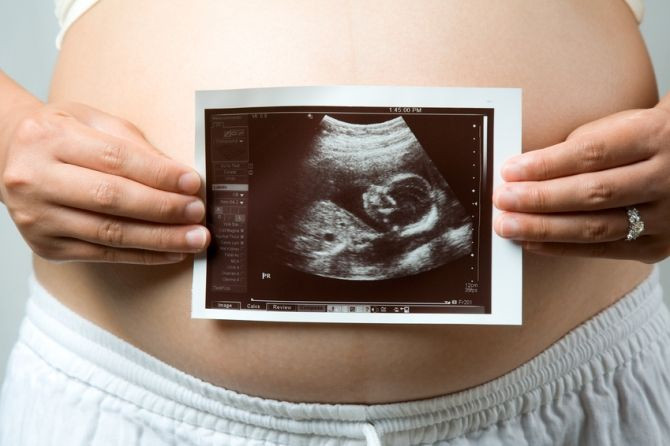Cognitive Delays Often Only Sign of Fetal Alcohol Exposure

The war on alcohol intake during pregnancy has raged on for decades, with proponents on both sides of the aisle having their vocal advocates. Regardless of their differences in views, both sides agree that any pregnant woman would want to avoid giving birth to a baby with fetal alcohol syndrome. Infants with fetal alcohol syndrome are typically said to be born with facial abnormalities, delayed growth, hyperactivity, and cognitive and language delays. However, a new study published in Alcoholism: A Clinical and Experimental Research says that, contrary to popular belief, cognitive impairment is often the only sign of fetal alcohol exposure.
Researchers from the National Institute of Health (NIH), in collaboration with a team from Chile, screened 9,628 women during their first prenatal appointment in Santiago, Chile. Of those, 101 women were identified as having had at least four drinks since the beginning of their pregnancies. The control group consisted of 101 women who had not had any drinks since the start of their pregnancies. Study authors followed the development of their children from birth until the age of eight.
The study reported that 17 percent of children who had been exposed to alcohol in-utero had facial abnormalities, as compared to 1 percent of unexposed children. As much as 27 percent of children with alcohol exposure suffered from growth retardation, compared with 13 percent of unexposed children. While 6 percent and 24 percent of children who had been unexposed to alcohol suffered from cognitive and language delays, respectively, 35 percent and 42 percent of children who had been exposed to alcohol had the same fate.
Devon Kuehn, MD, from NIH's Epidemiology Branch of the Eunice Kennedy Shriver National Institute of Child Health and Human Development (NICHD), said that their findings provided researchers with concern. As he said in a statement, "Our concern is that in the absence of the distinctive facial features, health care providers evaluating children with any of these functional neurological impairments might miss their history of fetal alcohol exposure. As a result, children might not be referred for appropriate treatment and services."
According to the article's abstract, "most children who are exposed to large quantities of alcohol in utero do not develop fetal alcohol syndrome."



























